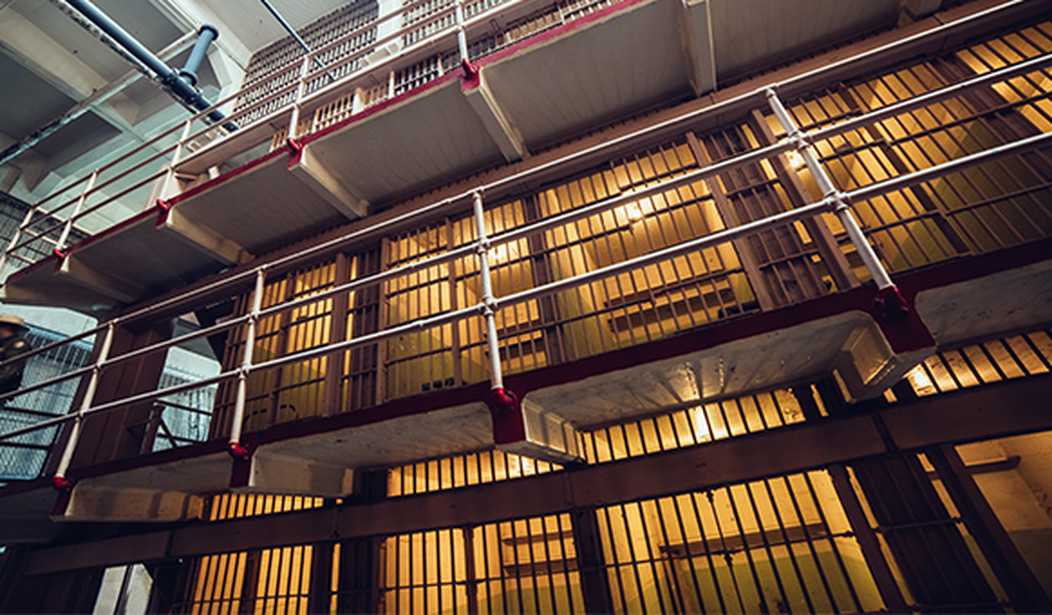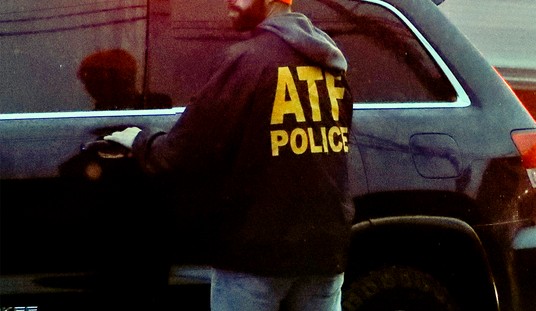A Brooklyn man facing federal charges for being a felon in possession had his case dismissed this week after prosecutors agreed to the move, in part because the coronavirus has slowed the criminal justice system to a crawl. Public defenders for Douglas Ebanks argued that their client had been cooling his heels in the Metropolitan Detention Center for 60 days while federal prosecutors waited on a federal grand jury to be empaneled, and while prosecutors didn’t elaborate on their decision to drop the case, Law.com notes that the suspect is also facing similar charges in state court, which may have alleviated concerns by the DOJ that Ebanks wouldn’t face justice once federal charges were dismissed.
Interestingly, it looks like there was some debate between Ebanks’ attorneys about seeking a dismissal due to the coronavirus cases in the NYC jails.
Ebanks can now pay a $100,000 bail or await his state trial on Rikers Island. [Public defender Mildred] Whalen said his public defender in the state case initially asked her not to move to dismiss the federal case because Rikers had “active outbreaks” of COVID-19, but the relative safety of Rikers and the MDC had appeared to shift since, she said.
“[At Rikers] they appear to be openly and honestly addressing the cases that they have,” in contrast to the MDC, Whalen said.
The MDC has been criticized for its lack of coronavirus testing and, in a report from a doctor who inspected the facility as part of discovery in another case in the Eastern District, for widespread failures in symptom tracking and infection control.
If authorities believe that the state-run Rikers Island complex is doing a better job of handling the coronavirus than the federally-run Metropolitan Detention Center, that’s bad news for inmates and guards in both facilities. As of last week, almost 10-percent of the population at Rikers Island had tested positive for the COVID-19 virus, and some defense attorneys are still pushing for hundreds of inmates to be released.
“Regardless of whether someone has been convicted or is awaiting trial or is guilty or innocent, I think it’s a human right to be able to protect your health and to be able to stay safe during a deadly pandemic,” Kalle Condliffe, a defense lawyer with the society, told theGrio.
Legal Aid is part of a coalition of organizations that are pushing for the release of everyone in Rikers during the pandemic.
“COVID-19 is spreading rapidly at Rikers Island and other local jails, endangering our clients, correction staff and all of New York City,” Tina Luongo, attorney-in-charge of the Criminal Defense Practice of the Legal Aid Society, said in a statement.
Meanwhile, several inmates at the Metropolitan Detention Center have filed a class action lawsuit over the handling of the coronavirus at the federal facility, and a court-ordered inspection as part of the litigation has turned up several issues.
The report was written by Dr. Homer Venters, the former medical director for New York City’s jails, who oversaw that system’s response to the H1N1 pandemic in 2009, as well as outbreaks of other diseases in city jails.
Far from being prepared to contain a coronavirus outbreak, MDC’s practices “put detainees and staff at grave risk of infection, serious illness and even death,” Venters wrote. “Several current practices in MDC actually promote a more rapid spread of COVID-19 inside the facility.”
Venters found that MDC’s screening for the disease is woefully inadequate, consisting entirely of inconsistent temperature checks. None of the men he spoke to had been screened for other symptoms. Part of the problem, Venters learned, is that the system by which incarcerated people request medical care is functionally broken. The incarcerated people he interviewed said they generally waited three to seven days after submitting a request before they were seen by medical staff. Some people told him that they never received any response at all. In an April 27 deposition, Stacy Vasquez, the jail’s health services administrator, testified that it often takes two weeks for medical requests at the jail to be addressed.
If we’re trying to stop the spread of the coronavirus behind bars, timely testing and isolation of positive inmates has to be a priority. Waiting two weeks to address a medical request isn’t going to be effective, and only adds fuel to the argument that inmates would be safer awaiting trial at home. Of course, the public might not be safer if hundreds of inmates were let loose, but unfortunately there’s no guarantee that a judge will see it that way.









Join the conversation as a VIP Member